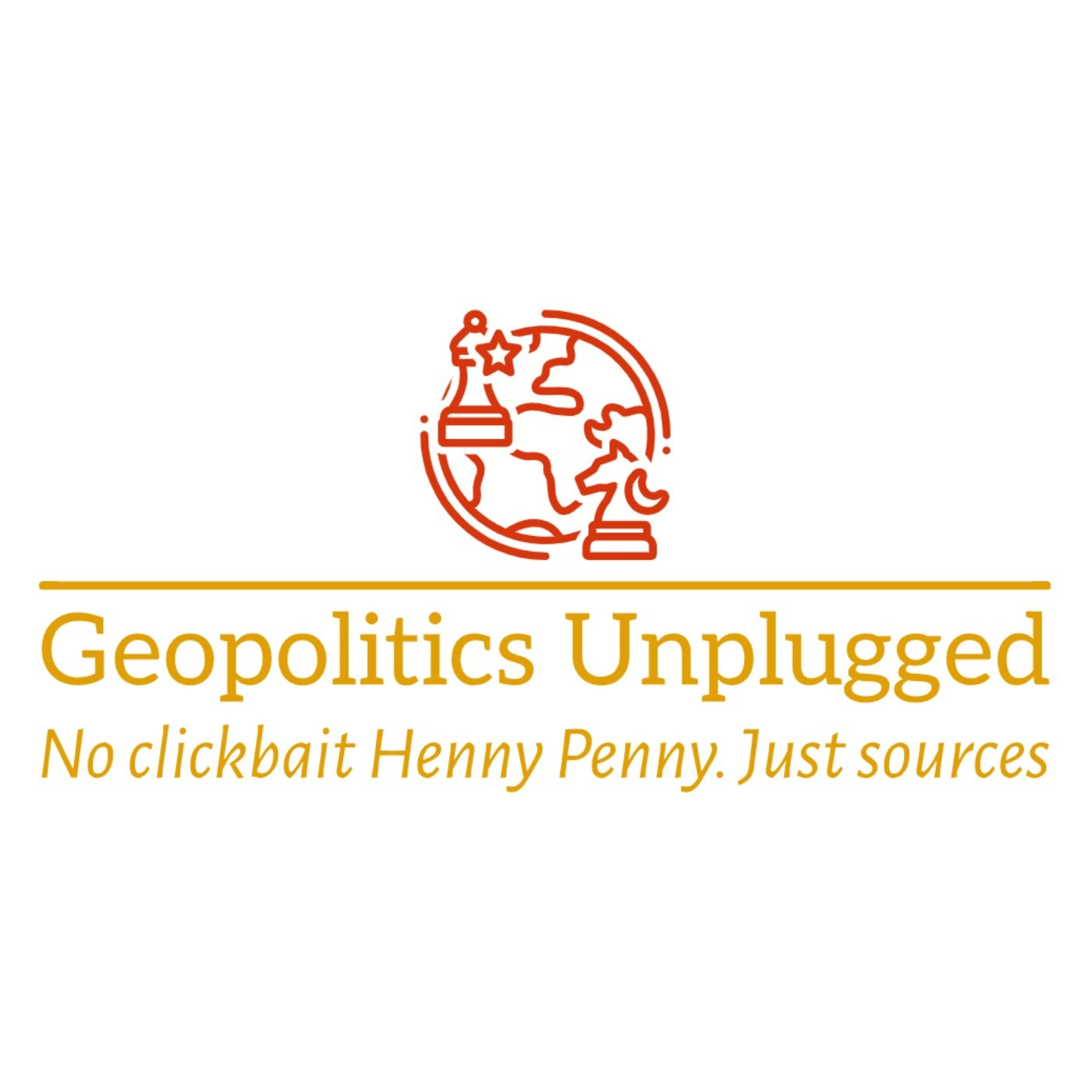
EP63: Protecting Security or Sinking Stocks? The High Stakes of Dutch Export Laws

Geopolitics Unplugged
Shownotes Transcript
Summary: The Netherlands has imposed strict export controls on advanced semiconductor manufacturing equipment, particularly those produced by ASML, to protect national security. These controls require companies to obtain licenses before exporting such equipment outside the European Union. The restrictions have impacted ASML's stock valuation and sparked discussions about potential adjustments to the export laws. The Netherlands aims to balance its commitment to national security with the economic well-being of its high-tech industries. Questions to consider as you read/listen: How does the Netherlands' export control policy balance economic growth with national security concerns? What are the specific types of advanced semiconductor manufacturing equipment subject to Dutch export controls? What are the potential consequences of the Netherlands' export control policy on the global semiconductor industry?
Long format: Protecting Security or Sinking Stocks? The High Stakes of Dutch Export Laws Introduction: The Netherlands has established stringent export controls on strategic goods and services, particularly in the high-tech sector, as part of its national security and international policy. Among the most closely monitored items are advanced semiconductor manufacturing technologies, critical for producing cutting-edge microchips used worldwide. These controls reflect the Netherlands’ commitment to balancing economic growth with global security responsibilities, an approach increasingly relevant in today’s geopolitical landscape. DETAILS The Netherlands has export controls on strategic goods and services, including advanced semiconductor manufacturing equipment, to protect national security: Advanced semiconductor manufacturing equipment As of September 1, 2023, Dutch companies need a license from the Central Import and Export Office to export certain advanced semiconductor manufacturing equipment outside of the European Union. This includes equipment for atomic layer deposition, lithography, and epitaxial growth, as well as Extreme Ultraviolet (EUV) pellicles and production equipment for EUV pellicles. EUVs are the only equipment in the world that can produce chips under 7nm. ASML is the only company in the world that makes EUVs. Older technology deep ultra violet lithography systems (DUVs) are made at ASML as well as other countries and companies. But two of the higher end DUVs require export licenses to ship out of the Netherlands. The TWINSCAN NXT:1970i and 1980i DUV immersion lithography systems from ASML require export licenses from the Dutch government. Strategic goods and services The Netherlands has export controls on military goods, dual-use goods, and certain types of software and technical advice. The Netherlands does not issue licenses for the export of these goods if they could contribute to human rights violations, international aggression, or instability. Principles The Netherlands' export control policy is based on the principles of prioritizing security interests over economic interests, and not contributing to the development of weapons of mass destruction. The future of Dutch export controls October 15, 2024 the ASML earning report was released. The stock tumbled and with it a large amount of the valuation of the company. Many analysts point to these restrictions as the reason As a result there have been grumblings to revisit the law so that ASML doesn’t crater. Conclusion: The impact of the Netherlands’ export control policies, particularly on semiconductor manufacturing, has drawn considerable attention, especially in light of the recent decline in ASML’s stock valuation. With such significant economic repercussions, discussions are emerging about possible adjustments to these restrictions. As the Netherlands continues to navigate its role in global trade and security, the future of these policies may hinge on balancing the interests of national security with the economic well-being of its high-tech industries. Sources: https://sanctionsnews.bakermckenzie.com/the-netherlands-to-introduce-supplemental-export-controls-for-advanced-semiconductor-production-equipment/) https://www.government.nl/topics/export-controls-of-strategic-goods#:~:text=Military%20goods%20(such%20as%20guns,export%20certain%20types%20of%20software https://www.government.nl/topics/export-controls-of-strategic-goods/export-control-policy-for-strategic-goods) https://www.engage.hoganlovells.com/knowledgeservices/news/new-dutch-export-controls-on-advanced-semiconductor-manufacturing-equipment#:~:text=The%20Netherlands%20made%20use%20of,Associated%20software%20and%20technology) https://globalinvestigationsreview.com/review/the-european-middle-eastern-and-african-investigations-review/2024/article/netherlands-unilateral-export-controls-safeguard-national-security) https://www.twobirds.com/en/insights/2023/netherlands/dutch-national-additional-export-control-measures-for-advanced-semiconductor-manufacturing-equipment#:~:text=Countries&text=From%201%20September%202023%2C%20the,wish%20to%20export%20such%20equipment) https://jordantimes.com/news/business/dutch-match-us-export-curbs-semiconductor-machines#:~:text=%22Thus%2C%20the%20uncontrolled%20export%20of,3%20users%20have%20voted) Get full access to GeopoliticsUnplugged Substack at geopoliticsunplugged.substack.com/subscribe)